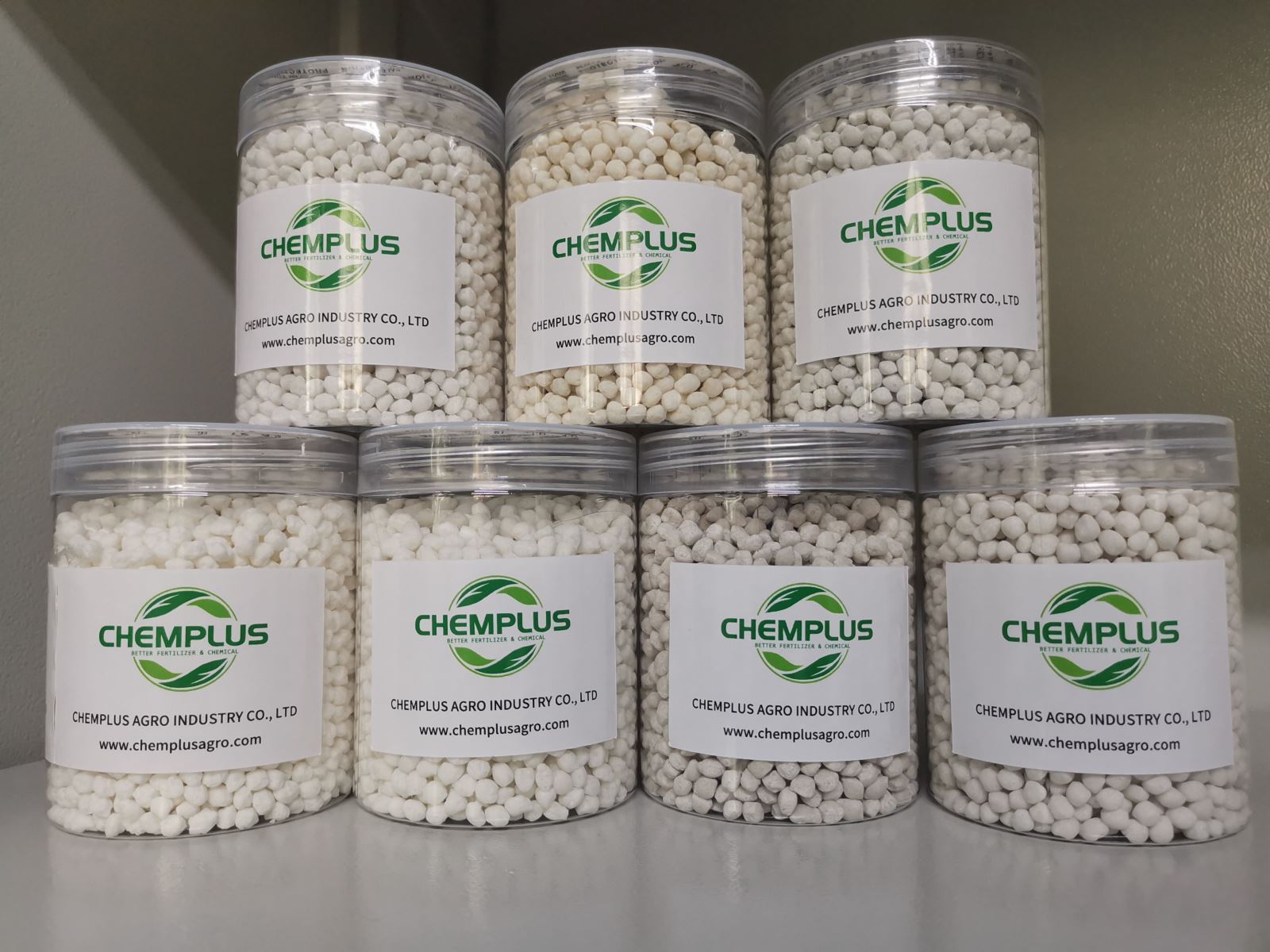
|
|
WhatsApp:+8613739792741
Email: info@chemplusagro.com |
| ||||
|
NEWS
|
|
|
|
What Fertilizers Are Required In A Coffee Plantation?  Nitrogen It is regarded as one of the most essential nutrients required for coffee production. Plants uptake nitrogen from soil in the form of NO3- and NH4+. It is interesting to note that coffee plantations with shade require less amount of nitrogen as compared to plantations with direct sunlight. The best time to apply nitrogen-based fertilizer, i.e., urea and ammonium nitrates, is during the rainy season when the fruit, new leaves, and branches grow. The reason is that if there is not enough nitrogen, then the plant will focus only on fruit production, and the growth of the plant can hamper the next year’s yield. Phosphorus Phosphorus is another important macronutrient that coffee plantations need. But when compared to nitrogen, phosphorus is relatively immobile in the soil. It means irrespective of how much of this fertilizer you add to the soil, it won’t make a difference unless it is close to the roots. You can see phosphorus deficiency in coffee plants post-harvest. The application of potassium phosphate compounds can correct this deficiency. Consider application 2-20 days apart for quick treatment of the symptom. Also, be wary of excess application as it can inhibit a plant’s ability to absorb other required nutrients. Potassium Third, among the trifecta of macronutrients, potassium is also important for increasing the total coffee yield. An adequate amount of potassium ensures a high-quality fruit that has a direct bearing on the taste, shape, and color of beans. To know if your coffee plantations are deficient in this nutrient, you can look at the old leaves of the branch. The edges of the leaf are usually brown, and over time, they can fall off. Moreover, it can also impact the fruit as well. Not only that, but the application of potassium also ensures the plant’s ability to absorb water and increase tolerance to cold and salts. Fertilizers Required For Medium And Trace Nutrients Both the medium and trace nutrients play crucial roles when it comes to maintaining proper plant functions. Deficiency of such nutrients can be fulfilled via foliar application or broadcasting. Old coffee soils are prone to having less quantities of micronutrients. Boron It helps promote the growth of shoots and also helps attain maximum fruit and flower arrangement. Moreover, this fertilizer also helps in the plant’s resistance to diseases and proper formation of cell walls. Zinc This fertilizer helps accelerate the initiation and formation of flowers and also has a bearing on the leaves. Both zinc and boron are vital for better yield and, in deficient soils, should be applied twice a year. Sulfur Sulfur is an important fertilizer when it comes to the formation of chloride, which is responsible for the photosynthesis process. Not only does it regulate the formation of chlorophyll, but it also plays a crucial role in activating and stabilizing various enzymes within the coffee plant.  Ammonium sulphate N-21%, S-24%, granular Granular ammonium sulphate is a high-efficient water-soluble nitrate free nitrogen-sulfur fertilizer of prolonged effect. It provides high agronomic and economic efficiencies for growing major crops. It can be used as a basal, starter, side/top dress fertilizer. Ammonium sulphate is the environmentally safe nitrogen fertilizer. Properties / Benefits
 Attention: The above-mentioned recommended rates are based on unfertilised substrates. Please be aware that these are general recommendations. Granular ammonium sulphate is a basal, starter, and side/top dress fertilizer. It is suitable for all types of soils and all climate zones during the entire growing season as well as for crops with high nitrogen and Sulphur demand. It is primarily intended for the fertilization of Brassicaceae (cabbage, rapeseeds, radish, mustard), garlic, onion, buckwheat, pea, alfalfa, blueberry and crops which prefer nitrogen in ammonium form to nitrate form (potato, sugar beet, forage). Granular ammonium sulphate can be mixed into pesticide working solutions and other agrochemicals, not exceeding concentration and doses of fertilizer. Before mixing it is required to run the compatibility test. Granular ammonium sulphate may be blended with the most widely used mineral fertilizers earlier or just prior to applying. It is not advisable to mix ammonium sulphate with organic fertilizers and lime 
|
|